
Odds are, you don’t remember every single line from every movie you’ve ever seen – and who could, right? But here’s the thing: great lines from films are truly impactful, sticking with you for what feels like months, maybe even years. These aren’t just throwaway phrases; they’re moments of pure cinematic magic that lodge themselves in our minds, influencing how we talk, think, and even what we quote to our friends.
Throughout cinema history, there’s been a handful of movie quotes so iconic that they’ve perhaps even surpassed the films they came from, becoming famous in their own right. They’re the lines that we instantly recognize, the ones that evoke entire scenes, characters, and emotions with just a few words. These quotes aren’t just snippets of dialogue; they’re cultural touchstones, weaving themselves into the fabric of our everyday conversations and shaping how we perceive the world of film.
We’re talking about those unforgettable declarations that define eras, spark endless parodies, and become shorthand for complex ideas. Thanks to insights from the American Film Institute’s ‘100 Years…100 Movie Quotes’ list, along with some fantastic contributions from the BuzzFeed Community and Twitter, we’ve put together a list of lines that truly stand the test of time. Get ready to dive into the first seven of these legendary movie quotes that totally changed the game, proving just how powerful words on screen can be.
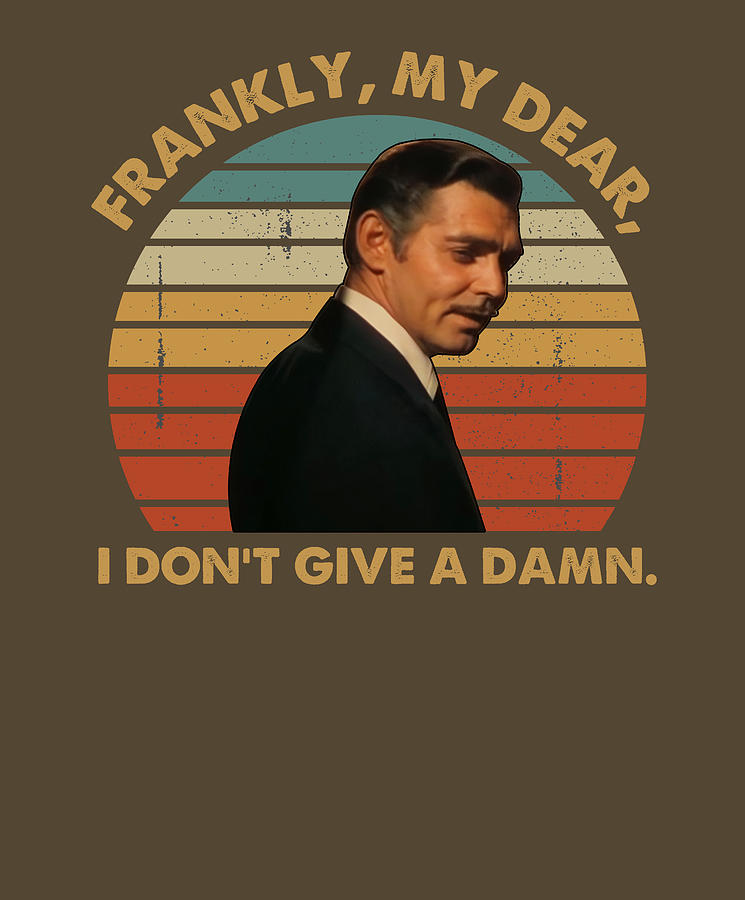
1. **”Frankly, my dear, I don’t give a damn.”**This iconic line, spoken by Rhett Butler (Clark Gable) in the 1939 American Civil War epic *Gone with the Wind*, stands at the very top of the American Film Institute’s list as the most memorable American movie quotation of all time. It’s a moment of profound emotional finality, delivered with a casual indifference that perfectly encapsulates Rhett’s exasperation with Scarlett O’Hara.
The sheer audacity and raw honesty of the statement were groundbreaking for its era. It wasn’t just a break-up line; it was a societal shockwave, a blunt refusal to engage in further drama, and it instantly resonated with audiences who craved such directness. The line’s impact was so significant that it became a benchmark for defiant farewells in popular culture.
Its enduring legacy is undeniable, becoming a common idiom used to express a complete lack of concern or interest. Even today, decades later, when someone wants to convey utter disregard, they often echo Rhett’s sentiment, whether directly quoting it or simply referencing its powerful implication. It’s a testament to how a single line can capture an entire character’s essence and a turning point in a narrative, cementing its place as cinema’s ultimate mic drop.
Read more about: 17 Iconic Movie Quotes You’ve Probably Been Saying Wrong
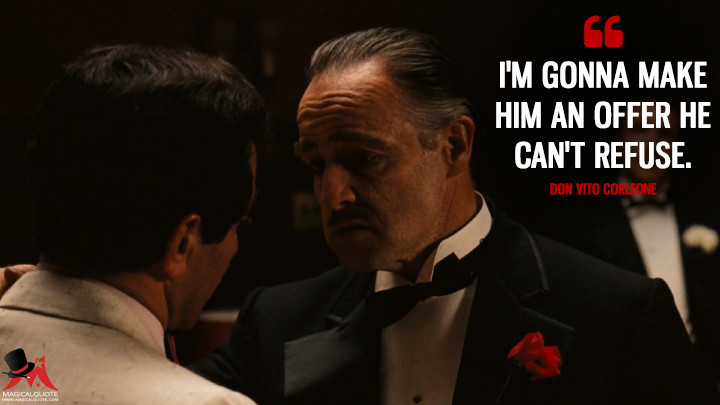
2. **”I’m gonna make him an offer he can’t refuse.”**Delivered with chilling calm by Vito Corleone (Marlon Brando) in *The Godfather* (1972), this quote has become synonymous with irresistible, often menacing, persuasion. It perfectly defines the core nature of the Corleone family’s power—not just through violence, but through an implied threat so potent it leaves no room for refusal.
The genius of the line lies in its polite, almost businesslike phrasing, which masks a deeply sinister intent. It’s not an explicit threat, but the unspoken understanding behind it is crystal clear, making it far more impactful than any shouted ultimatum. Audiences immediately grasped the weight of these words, recognizing the dark power dynamics at play.
Its cultural impact is immense; the phrase has entered the national lexicon, used frequently in everyday situations to describe a deal or proposition that is too good (or too intimidating) to turn down. Whether in jest or in serious commentary on power plays, this quote continues to evoke the gravitas and moral ambiguity of one of cinema’s most unforgettable characters, showcasing how words can be a weapon more potent than any physical force.
Read more about: Can You Name These 16 Classic Movies From Their Iconic Lines?

3. **”You don’t understand! I coulda had class. I coulda been a contender. I could’ve been somebody, instead of a bum, which is what I am.”**
This raw, heartbreaking monologue from Terry Malloy (Marlon Brando) in *On the Waterfront* (1954) is a masterclass in regret and lost potential. It’s a powerful lament against a life of squandered opportunities, delivered with an intensity that resonates deeply with anyone who has ever felt held back or undervalued.
The line reveals the tragic depth of Terry’s character, exposing his inner turmoil and the pain of his unfulfilled dreams. It’s not just about a boxing career; it’s about a man’s identity and dignity, stripped away by circumstances and bad choices. The emotional honesty conveyed by Brando made this speech instantly iconic and deeply human.
Its enduring power lies in its universal theme of what-ifs and the struggle against perceived failure. The phrase “I coulda been a contender” has transcended the film to become a shorthand for expressing deep personal disappointment or reflecting on paths not taken. It’s a stark reminder of the choices we face and the impact they have on our lives, making it a profound and relatable statement on the human condition that continues to move audiences decades later.

4. **”Toto, I’ve a feeling we’re not in Kansas anymore.”**Spoken by Dorothy Gale (Judy Garland) in *The Wizard of Oz* (1939), this line is the quintessential expression of being thrust into an utterly unfamiliar and extraordinary situation. It perfectly captures the moment Dorothy realizes she’s landed far beyond her ordinary world, setting the stage for one of cinema’s most beloved fantastical journeys.
The simple yet profound observation marks the beginning of Dorothy’s adventure, signifying a departure from the mundane into the magical. It immediately signals to the audience that the rules of reality have been suspended, inviting them to embrace the wonder and peril of Oz alongside her. The line is delivered with a perfect blend of awe and apprehension.
Culturally, this quote has become a widespread idiom used whenever someone finds themselves in a strange, new, or challenging environment that vastly differs from their previous experiences. It’s a fun, quirky way to acknowledge a dramatic shift in circumstances, whether literal or metaphorical. The fact that its common misquote is “Toto, I don’t think we’re in Kansas anymore” only further proves its pervasive presence in our collective consciousness, a testament to its memorable phrasing and widespread adoption.
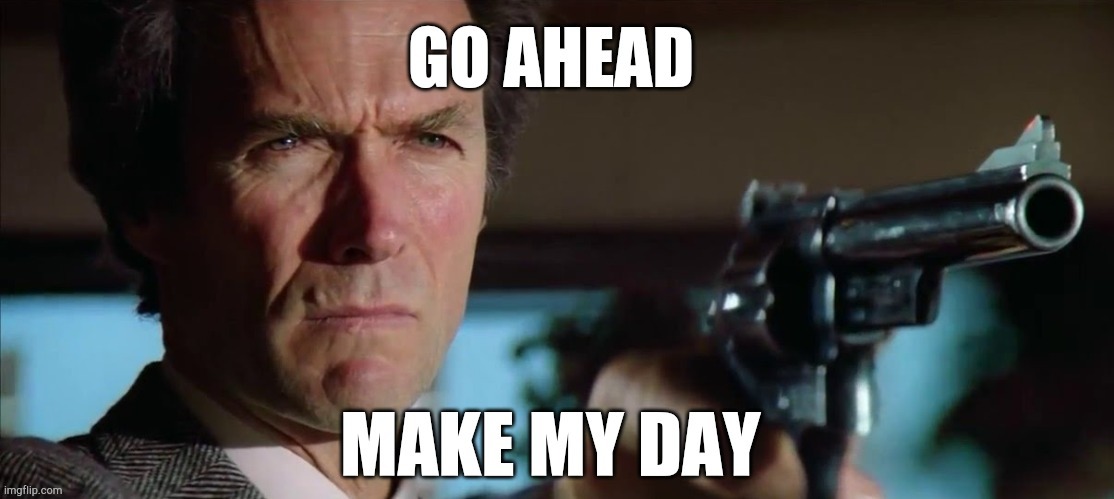
5. **”Go ahead, make my day.”**This terse, challenging statement from Harry Callahan (Clint Eastwood) in *Sudden Impact* (1983) is the ultimate tough-guy declaration, loaded with both menace and an unwavering resolve. It perfectly captures the essence of Eastwood’s iconic Dirty Harry character, a cop who isn’t afraid to confront evil head-on and dares criminals to test his limits.
The line is a masterclass in psychological warfare, a direct provocation that puts the ball firmly in the antagonist’s court. Harry isn’t just threatening; he’s inviting the confrontation, confident in his ability to prevail. This bold, no-nonsense attitude instantly resonated with audiences and solidified the character’s tough, uncompromising image.
“Go ahead, make my day” quickly entered popular culture as a catchphrase for daring someone to do something they might regret. It’s widely used to express a willingness to face a challenge, often with a hint of dark humor or a defiant stance. While sometimes misattributed to *Dirty Harry*, its impact from *Sudden Impact* remains undeniable, making it one of the most quotable and influential lines in action cinema history, a true symbol of a certain brand of justice.
Read more about: The Most Iconic Movie Quotes: 15 Lines That Defined Cinema

6. **”All right, Mr. DeMille, I’m ready for my close-up.”**Norma Desmond (Gloria Swanson) delivers this unforgettable closing line in *Sunset Boulevard* (1950), marking a chilling and tragic end to a tale of Hollywood’s dark side. It’s a statement that perfectly embodies her delusion, her desperate clinging to past glory, and her ultimate descent into madness, all through the lens of a camera she believes will restore her to stardom.
This quote is profoundly cinematic, directly referencing the film medium itself and the symbiotic, often destructive, relationship between stars and the industry. It’s a powerful commentary on the price of fame and the inability to let go, delivered with a haunting grace that makes it incredibly poignant and unsettling. Swanson’s performance imbues it with an eerie grandeur.
As a closing line of a film, it’s one of the most memorable, leaving a lasting impression on audiences. It has since become a widely recognized phrase, often used humorously to express readiness for attention, or more seriously, to comment on an individual’s self-absorbed nature or their desire to be in the spotlight. Despite frequently being misquoted as “I’m ready for my closeup, Mr. DeMille,” its essence and dramatic weight endure, cementing its status as a timeless piece of cinematic dialogue that speaks volumes about ambition, illusion, and Hollywood’s enduring grip.
Alright, so we’ve already journeyed through seven mind-blowing movie quotes that totally rocked our world and etched themselves into cinematic history. But guess what? The epic dialogue doesn’t stop there! Prepare yourselves, because we’re about to dive into seven more unforgettable lines that didn’t just stay on the big screen; they leaped out and became part of our everyday lives, embodying profound truths, delivering dramatic gut-punches, and even inspiring us with their enduring wisdom. These are the lines that get stuck in your head and refuse to leave, for all the best reasons.
Get ready to feel all the feels and maybe even pull out a few of your own impressions, because these next seven quotes are pure gold, proving once again that a few well-chosen words can truly define an era, a character, or even a universal human experience.
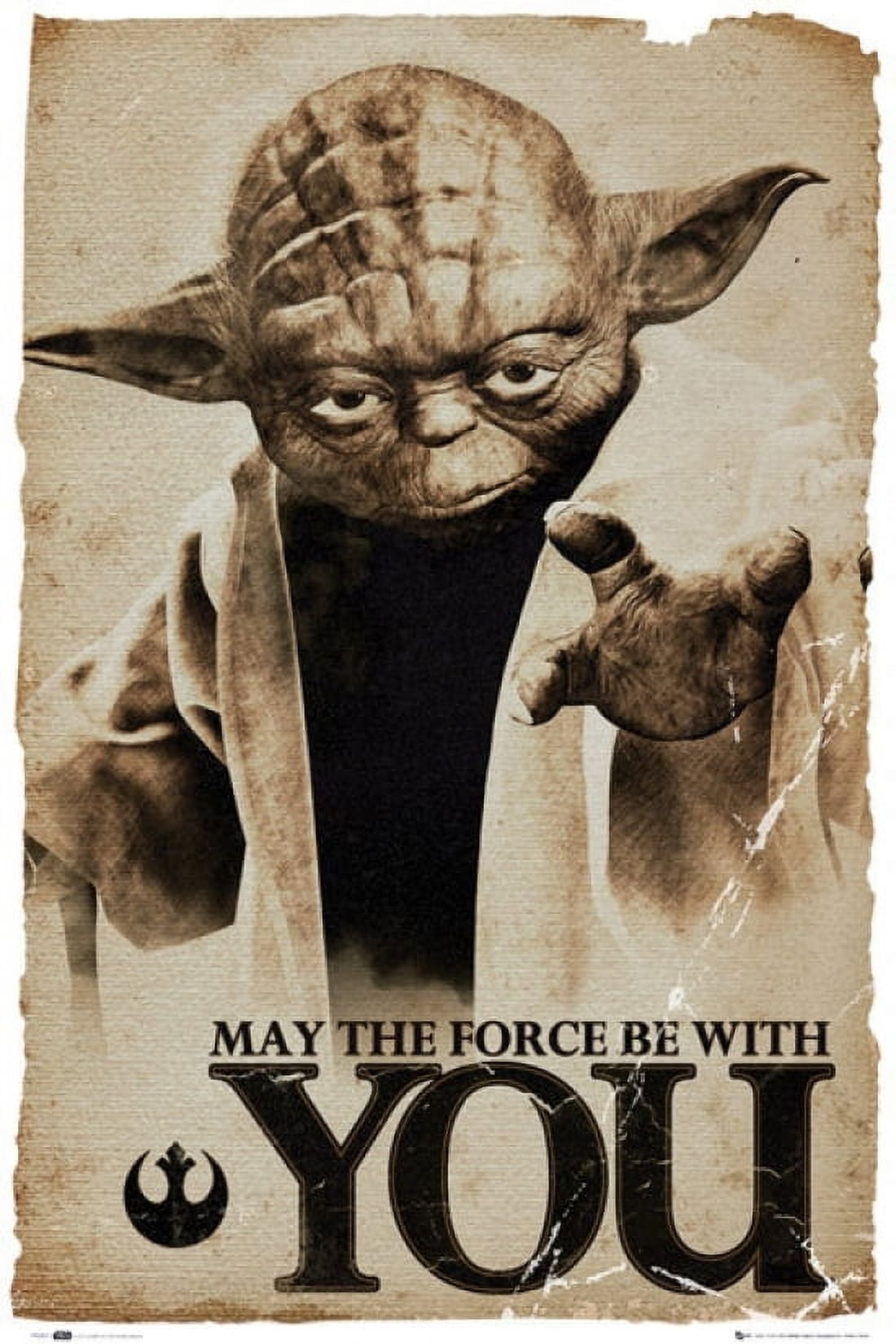
7. **”May the Force be with you.”**This simple, yet incredibly powerful blessing, first heard from Han Solo (Harrison Ford) in *Star Wars* (1977), quickly became the rallying cry for an entire generation—and then some! It’s more than just a farewell; it’s a statement of hope, encouragement, and a belief in something bigger than ourselves, something mystical and unifying in the galaxy far, far away.
The genius of this quote lies in its immediate universality. Whether you’re a Jedi Knight facing down the Empire or just someone trying to get through a Monday, wishing someone that ‘the Force be with you’ feels like offering them good luck, strength, and a little bit of magic. It’s a shorthand for saying, ‘I believe in you, and I hope everything goes your way.’
Its cultural impact is truly galactic. Even if you’ve never seen a *Star Wars* movie (gasp!), you’ve almost certainly heard this phrase. It’s transcended its science-fiction origins to become a mainstream idiom for good wishes, cementing its place not just in film, but in global pop culture lexicon. Seriously, try saying it without feeling a little bit like a hero yourself!
This iconic line perfectly captures the enduring philosophical and emotional resonance of the *Star Wars* saga. It inspires audiences with its timeless message of hope and inner strength, reminding us that even in the darkest times, there’s always a guiding energy available if we only believe. It’s a phrase that makes you feel ready to take on anything, from dodging stormtroopers to tackling your to-do list!
Read more about: 23 Iconic Movie Lines That Became Pop Culture Staples
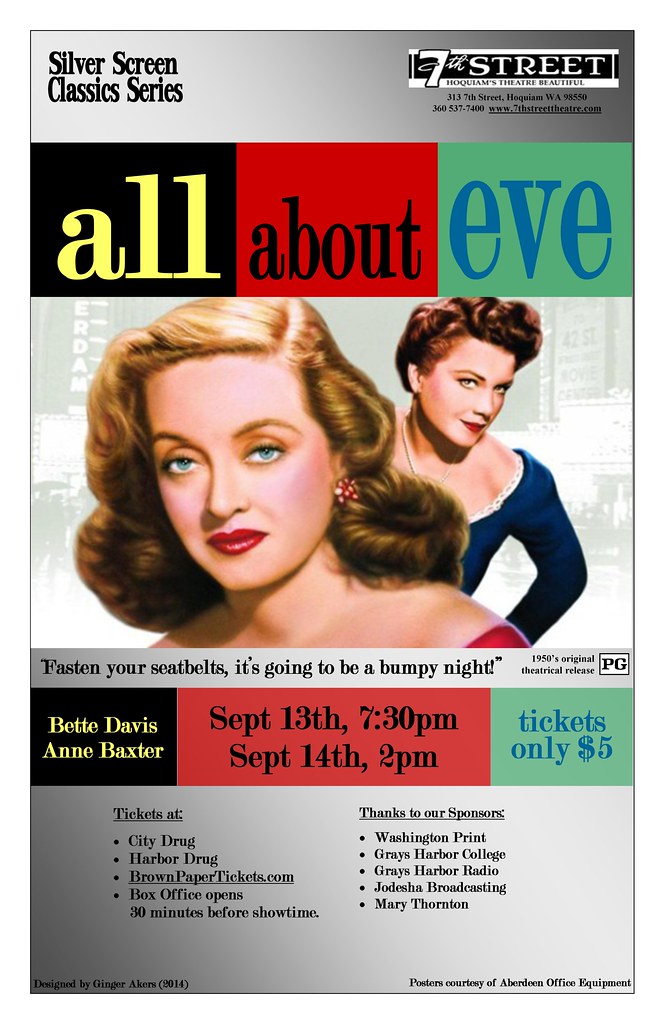
8. **”Fasten your seatbelts. It’s going to be a bumpy night.”**Oh honey, if you’ve ever braced yourself for some serious drama, you’ve probably quoted Margo Channing (Bette Davis) from *All About Eve* (1950), even if you didn’t know it! This line is the ultimate pre-drama warning, delivered with such delicious cynicism and theatrical flair that it practically begs to be quoted whenever things are about to get real.
Margo Channing, a seasoned Broadway star, utters this gem as she prepares her dinner guests for an evening filled with simmering tensions, veiled insults, and explosive revelations. It’s not just about turbulence in the literal sense; it’s about the emotional rollercoaster that’s about to unfold, and Margo is the queen of navigating those twists and turns.
The phrase has absolutely permeated popular culture, becoming a go-to expression for anticipating any kind of challenging or dramatic situation. Whether you’re heading into a tough meeting, an awkward family gathering, or just settling in for a particularly intense reality TV show, this quote perfectly sets the mood for what’s to come. It’s all about delivering unforgettable dramatic weight, and boy, does it deliver!
This line doesn’t just describe a situation; it invites you to lean into the drama, to anticipate the fireworks, and to enjoy the ride, no matter how wild it gets. It’s a testament to Davis’s iconic delivery and the film’s brilliant writing that a warning about a ‘bumpy night’ can still make us excited for the inevitable chaos. Plus, it’s way more fun to say than ‘Things are about to get difficult,’ right?

9. **”You talkin’ to me?”**Okay, can we just take a moment for Travis Bickle (Robert De Niro) in *Taxi Driver* (1976)? This intensely unsettling, yet incredibly captivating, monologue has burrowed its way into our collective consciousness, becoming the quintessential expression of paranoid confrontation and alienated defiance. It’s a moment of raw, unhinged brilliance that truly defines Bickle’s descent.
Performed in front of a mirror, this improvised scene shows Travis practicing his tough-guy persona, challenging an unseen adversary, and revealing the fractured state of his mind. The repetition and the escalating intensity of the question transform it from a simple inquiry into a terrifying declaration of self and a challenge to the world around him. It’s pure dramatic gold!
Its cultural footprint is massive. How many times have you, or someone you know, mimicked De Niro’s iconic delivery, jutting out your chin and narrowing your eyes? It’s a go-to parody, a symbol of urban alienation, and a chilling representation of a lone wolf ready to snap. This quote embodies profound truths about isolation and the search for identity in a chaotic world.
Even if you haven’t seen the film, the image and sound of De Niro’s performance are so ingrained in pop culture that you instantly get the vibe. It’s used to playfully challenge someone, to express exasperation, or to simply revel in its sheer, unadulterated coolness. This line doesn’t just echo in cinema history; it reverberates through our everyday attempts to define ourselves against the backdrop of an often confusing world.
Read more about: Cue the Rewind Button! These 10 Celebs Dropped the Most ICONIC Movie Quotes Ever
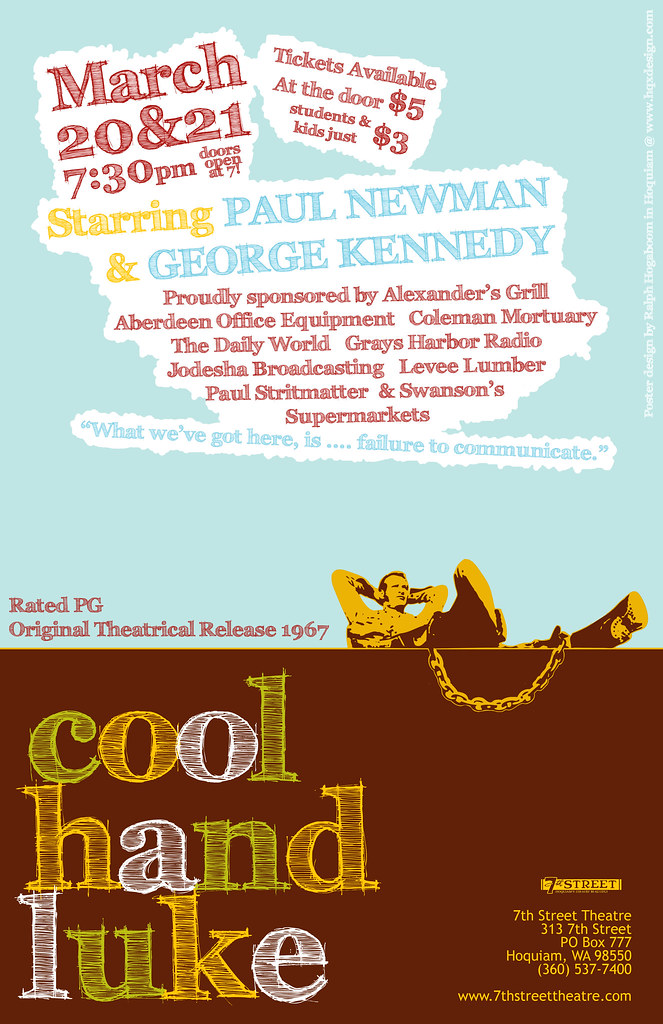
10. **”What we’ve got here is failure to communicate.”**This profoundly understated yet chilling line, spoken by the Captain (Strother Martin) in *Cool Hand Luke* (1967), distills the entire oppressive dynamic of the prison camp into one unforgettable statement. It’s not just about a lack of understanding; it’s about a deliberate, systemic breakdown of empathy and the brutal consequences of non-conformity.
The Captain’s words are delivered with an eerie, almost philosophical calm, right after brutally beating Luke for refusing to submit. It frames the violence not as punishment, but as a necessary outcome of Luke’s ‘failure’ to conform to the prison’s rigid rules. This twisted logic exposes the dehumanizing power structures at play, giving the line an incredible dramatic weight.
You’ll hear this quote pop up whenever someone wants to highlight a fundamental disagreement or a complete breakdown in understanding between parties. It’s entered the national lexicon as a sardonic commentary on situations where authority clashes with individuality, or where people are just utterly failing to see eye-to-eye.
The line is a stark reminder that true communication involves more than just speaking words; it requires listening, empathy, and a willingness to acknowledge different perspectives. When those elements are absent, as they so chillingly are in *Cool Hand Luke*, the results can be truly tragic. It’s a powerful quote that continues to resonate with audiences, making us reflect on the essential nature of understanding each other.
Read more about: Paul Newman’s Indelible Legacy: Unpacking the Enduring Impact and Artistry of ‘Cool Hand Luke’
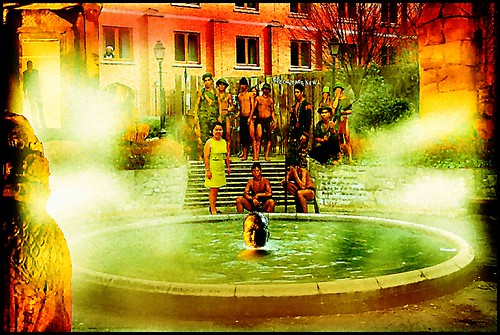
11. **”I love the smell of napalm in the morning.”**Whoa, talk about a quote that grabs you and doesn’t let go! This incredibly unsettling, yet strangely poetic, declaration from Lt. Col. Bill Kilgore (Robert Duvall) in *Apocalypse Now* (1979) is pure cinematic lightning in a bottle. It perfectly encapsulates the horrific, almost surreal, psychological landscape of the Vietnam War and the madness it bred.
Kilgore, a charismatic but utterly unhinged commander, utters this line with a casual, almost nostalgic fondness, while surveying the fiery aftermath of a napalm attack. His subsequent description of the smell as “victory” and his disdain for the smell of ‘burnt ain’t-nothing’ reveals a terrifying detachment from reality and a perverted sense of beauty amidst destruction.
The quote has seeped into popular culture as a dark, ironic commentary on extreme situations or an obsession with something intense and destructive. It’s used to highlight a character’s (or a person’s) disturbing embrace of chaos, or just to emphasize a passionate, albeit morally questionable, preference for something powerful and overwhelming.
This line delivers unforgettable dramatic weight by exposing the chilling depths of human desensitization to violence. It’s a disturbing yet fascinating glimpse into the minds shaped by war, a testament to how extreme circumstances can warp perception and create an entirely new, terrifying kind of ‘normal.’ It’s a quote that stays with you, long after the credits roll, making you ponder the cost of conflict.
Read more about: From Consigliere to Cowboy: Unpacking Robert Duvall’s Some Most Unforgettable Cinematic Roles

12. **”Love means never having to say you’re sorry.”**Oh, if you’ve ever dipped your toes into the world of romantic dramas, you’ve definitely encountered this one! This iconic line from Jenny Cavalleri (Ali MacGraw) in *Love Story* (1970) became the rallying cry for a generation of lovers, sparking endless debates about the true nature of romance. It’s a statement that’s both deeply moving and, depending on who you ask, a little bit controversial.
Jenny utters this sentiment to Oliver, suggesting that if love is truly deep and unconditional, apologies become unnecessary because forgiveness is inherent. It’s a poignant declaration in a film famous for its tear-jerking narrative and tragic romance, aiming to capture a profound truth about emotional resonance in the purest forms of affection.
The phrase quickly evolved into an everyday expression, often quoted (and misquoted!) in countless discussions about relationships. Some see it as the ultimate romantic ideal, a testament to unwavering understanding and acceptance. Others argue it’s a recipe for disaster, suggesting that apologies are crucial for healthy communication, even in the strongest of bonds.
Whether you agree with it or not, there’s no denying its enduring impact and its ability to spark conversation. This quote has carved out a permanent place in the pantheon of cinematic lines that attempt to define the complexities of the human heart, making it an unforgettable part of our shared cultural understanding of love, apologies, and everything in between.
Read more about: 15 Unforgettable Movie Quotes That Defined Cinema History

13. **”The stuff that dreams are made of.”**To wrap up our incredible journey through cinema’s most legendary lines, we’re landing on a quote that sounds like poetry itself: Sam Spade (Humphrey Bogart) delivers this gem at the end of *The Maltese Falcon* (1941), referring to the elusive, priceless statue. It’s a line that perfectly captures the allure of the unattainable, the pursuit of grand desires, and the often-disappointing reality of ambition.
Spade’s cool, cynical delivery imbues the line with a timeless quality, elevating the literal object (the falcon) into a metaphor for all those grand aspirations that drive us. It speaks to the human condition, our endless quest for something extraordinary, whether it’s wealth, love, power, or simply a sense of purpose.
This powerful phrase has gracefully evolved into an everyday expression, used to describe anything that represents the pinnacle of desire or the essence of profound aspiration. From an incredible meal to a perfect vacation, or even a deeply cherished ambition, if it’s truly wonderful and aspirational, it can be described as “the stuff that dreams are made of.”
It’s a magnificent closing note for our list, embodying profound truths about human ambition and the often-illusory nature of our greatest desires. It reminds us that sometimes, the true value lies not in the object itself, but in the dreams and aspirations it represents. And honestly, isn’t that just the coolest way to think about life’s big pursuits?
So, there you have it: 14 iconic movie quotes that aren’t just dialogue but cultural touchstones, defining characters, moments, and even entire eras. From defiant declarations to profound philosophical statements, these lines have transcended their films to become part of our everyday vocabulary, forever reminding us of the magic that happens when a script, an actor, and a moment perfectly align. They make us laugh, cry, think, and most importantly, they keep the cinematic conversation going. What are YOUR favorite lines that define cinema for you? Let us know!”
, “_words_section2”: “1945



